The Best TV Shows on ČT1
Every ČT1 Show Ranked From Best To Worst
For top-tier entertainment, ČT1 delivered Eurovision Song Contest and Dobrodružství kriminalistiky in 1956 and 1989. Peruse our comprehensive roster of ČT1’s top shows, encompassing over 20 distinct series as of February 2026. ČT1 has delivered an expansive roster of over 20 shows, dating from 1956 all the way to 2021.
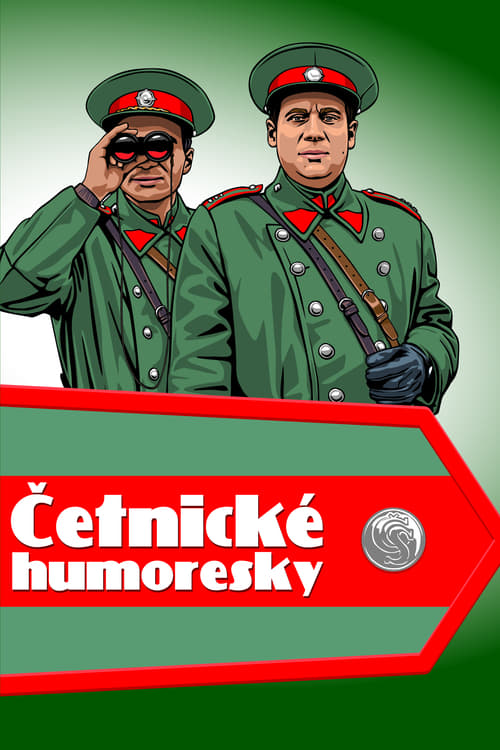 Četnické humoresky (2001)8.8
Četnické humoresky (2001)8.8Crime series about a police station in the city of Brno, in the period of the pre-war First Czechoslovak Republic. The stories are based on real case files from that era.
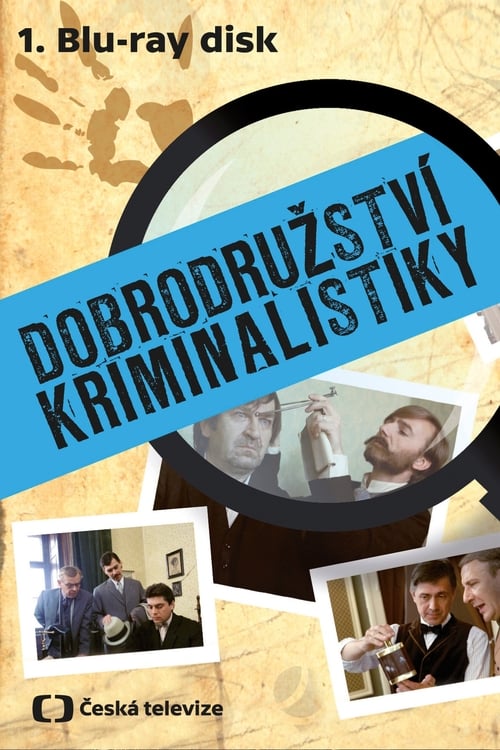 Dobrodružství kriminalistiky (1989)8.2
Dobrodružství kriminalistiky (1989)8.2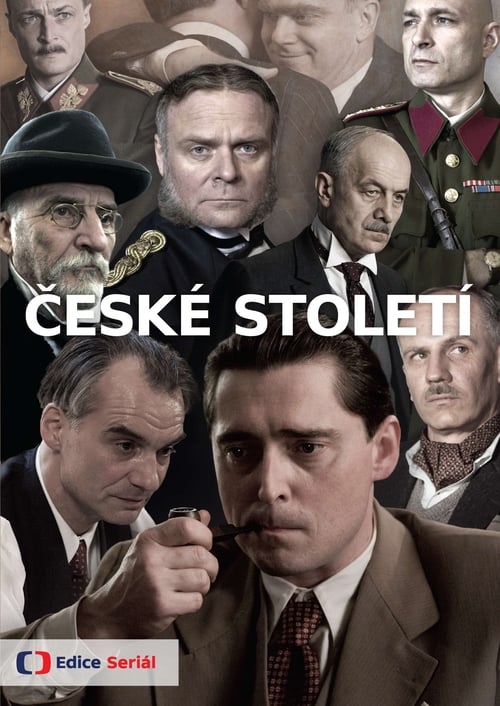 The Czech Century (2013)8.2
The Czech Century (2013)8.2Czech Century brings the key moments of the history of the Czech nation from 1918 to 1989.
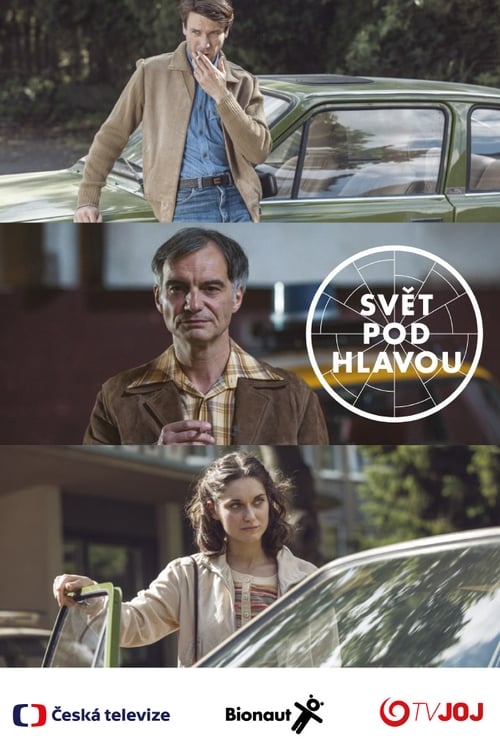 Svět pod hlavou (2017)8.1
Svět pod hlavou (2017)8.1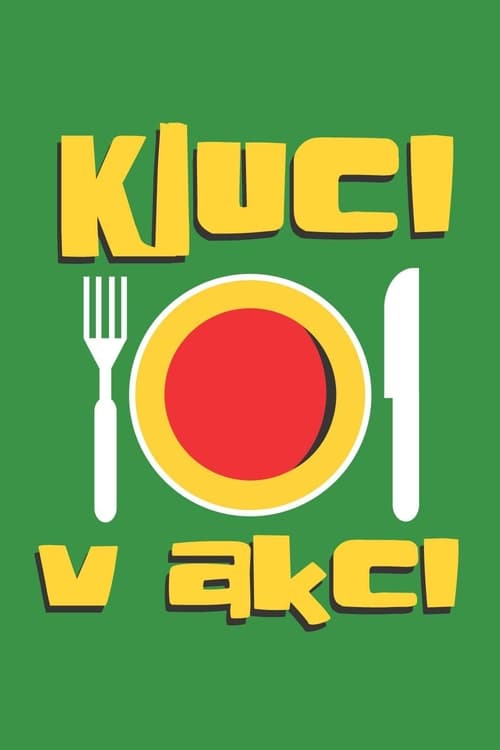 Kluci v akci (2005)8.0
Kluci v akci (2005)8.0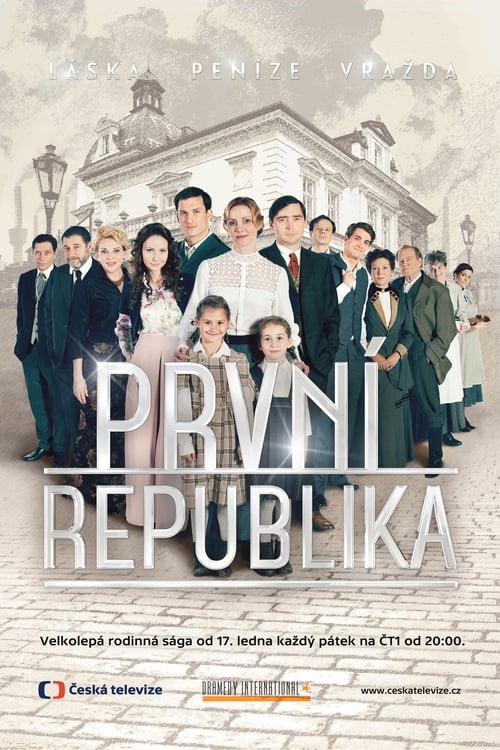 První republika (2014)8.0
První republika (2014)8.0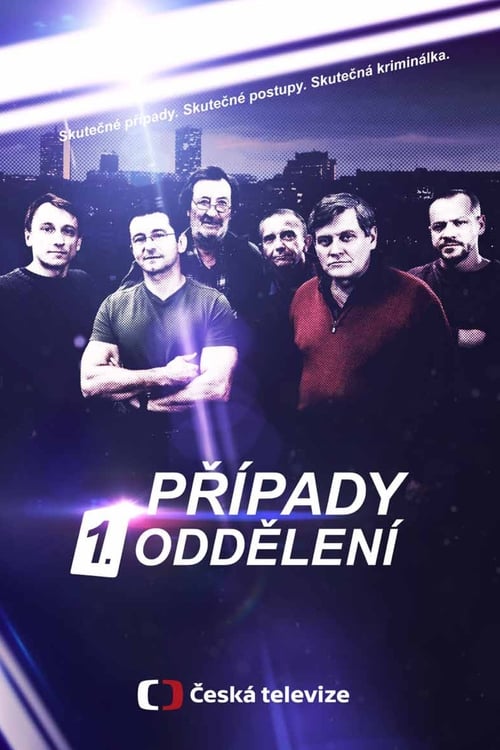 Případy 1. oddělení (2014)7.6
Případy 1. oddělení (2014)7.6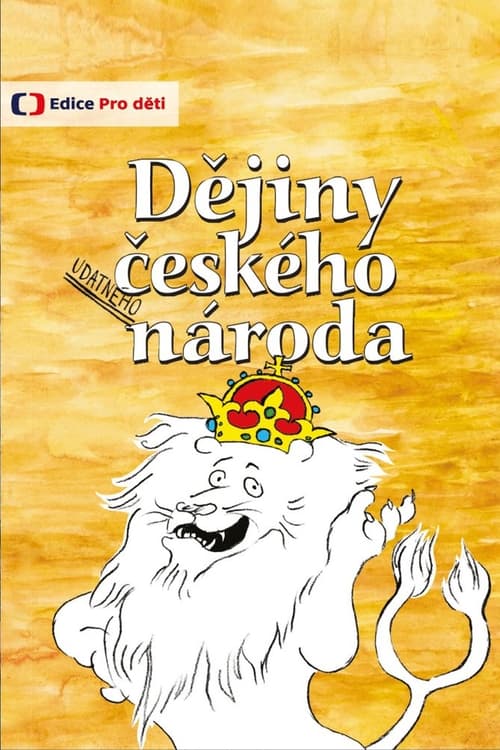 Dějiny udatného českého národa (2010)7.5
Dějiny udatného českého národa (2010)7.5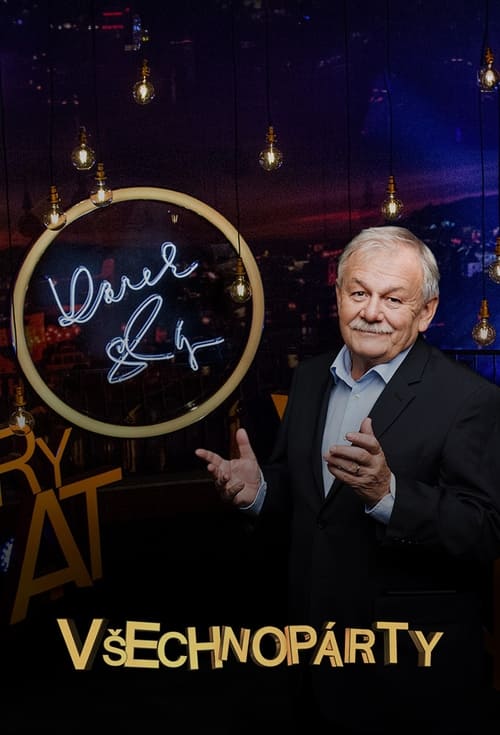 Všechnopárty (2005)7.3
Všechnopárty (2005)7.3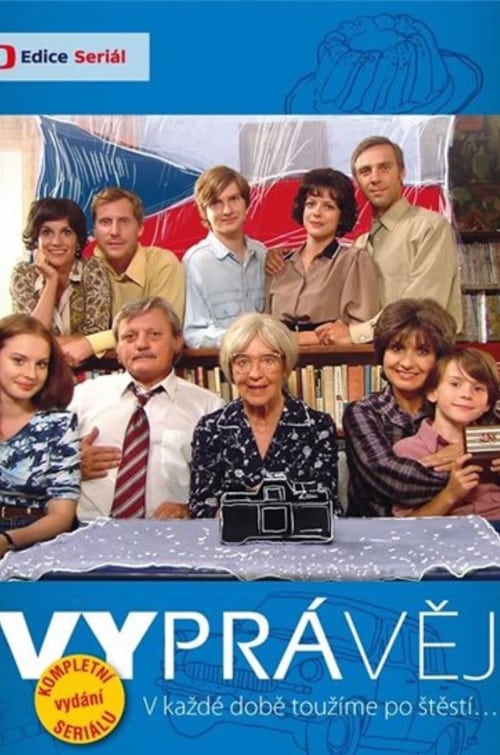 Vyprávěj (2009)7.3
Vyprávěj (2009)7.3Set in Czechoslovakia, the drama follows the lives of its characters against the backdrop of real historical events that shape their personal stories. To evoke period atmosphere, the series intersperses authentic clips from vintage Czechoslovak film newsreels, using their original commentaries or newly recorded historical voice-overs by Vladimír Fišer. A narrator, initially voiced by Vojtěch Kotek and later by Matěj Hádek, provides continuity and reflection, guiding viewers through changing times. Under the guidance of screenwriter Rudolf Merkner, each episode’s script weaves family and individual dramas into key moments of Czech and Slovak history: political shifts, cultural trends, and social transformations from the 1960s onward.
 Eurovision Song Contest (1956)7.2
Eurovision Song Contest (1956)7.2The Eurovision Song Contest is an international song competition, organised annually by the European Broadcasting Union (EBU) and featuring participants representing primarily European countries. Each participating country submits an original song to be performed on live television and radio, transmitted to national broadcasters via the EBU's Eurovision and Euroradio networks, with competing countries then casting votes for the other countries' songs to determine the winner.
 Úsměvy (1996)7.0
Úsměvy (1996)7.0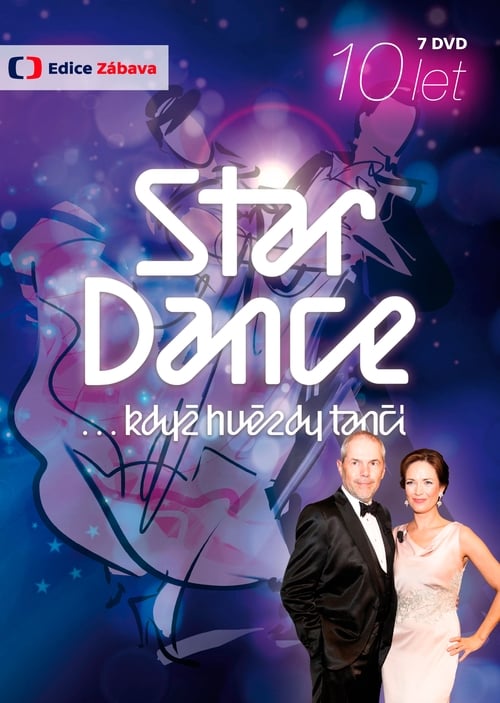 StarDance (2006)7.0
StarDance (2006)7.0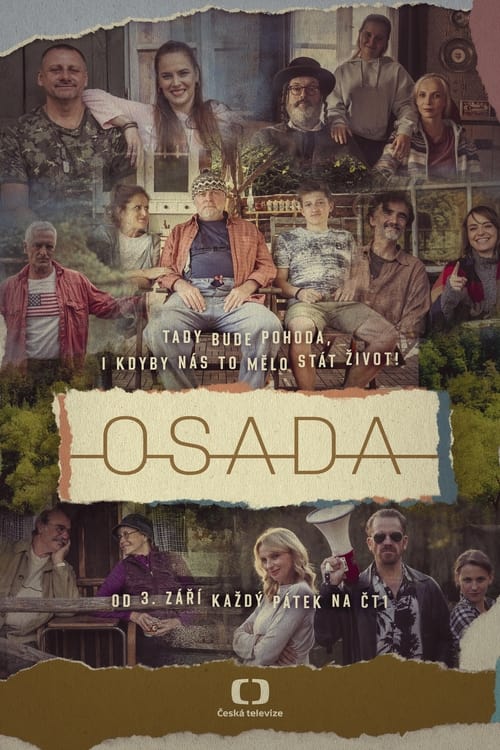 Osada (2021)7.0
Osada (2021)7.0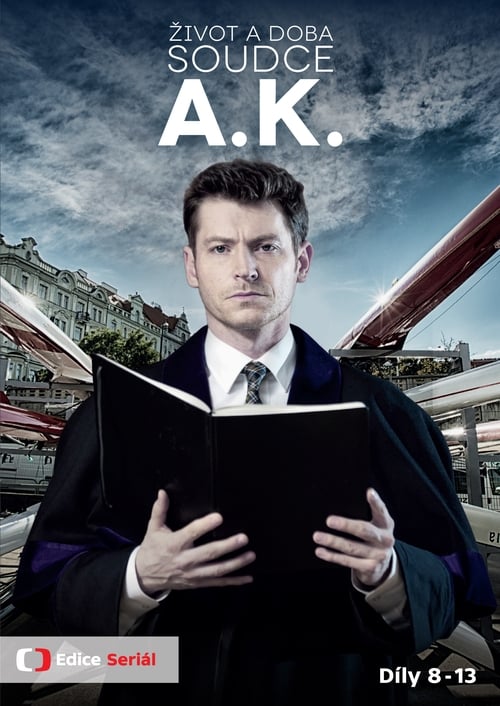 Život a doba soudce A. K. (2014)6.0
Život a doba soudce A. K. (2014)6.0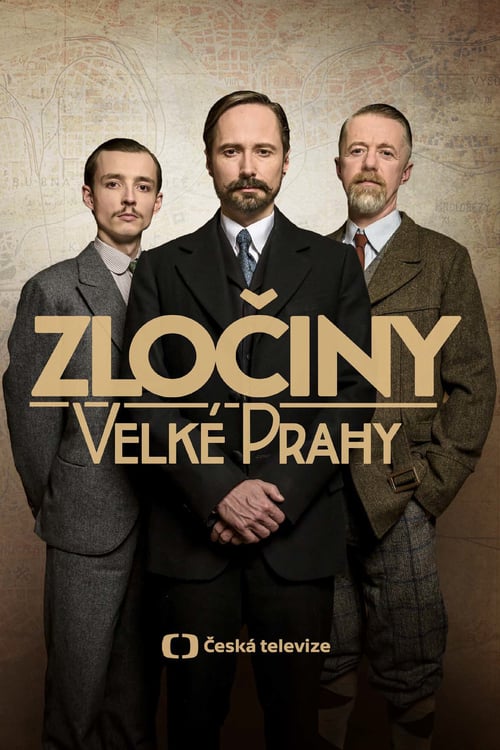 The Prague Mysteries (2021)5.6
The Prague Mysteries (2021)5.6The Inspector Hynek Budik as been assigned chief of police in the area on the outskirts of Prague, With detectives Martin Novacek an inexperienced rookie and the inspector Havlik will seek to solve difficult cases of murder.
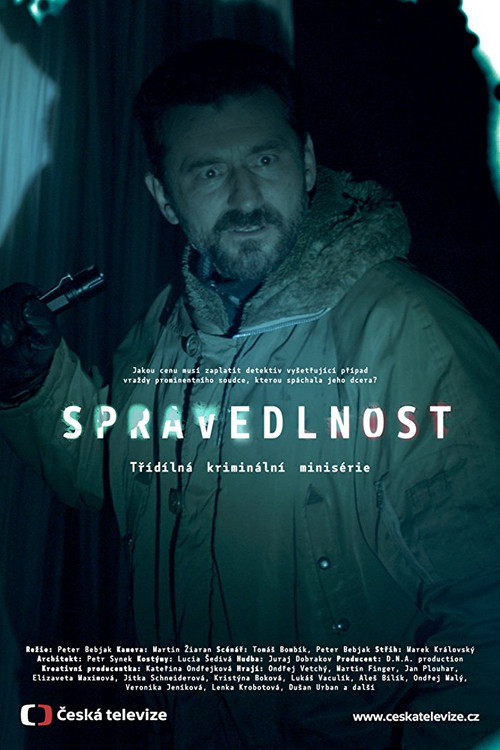 Justice (2017)3.8
Justice (2017)3.8Richard is a police investigator who hasn't seen his daughter Lily for very long time. The series starts when Lily shows up at his door and asks for help. She tells him that she fell in love with judge Kowalský but he attacked her and she killed him in self-defense. He decides to help her at all cost. Richard becomes lead investigator in case of Kowalský's murder.
 GENUS (1995)N/A
GENUS (1995)N/A Herbář (2013)N/A
Herbář (2013)N/A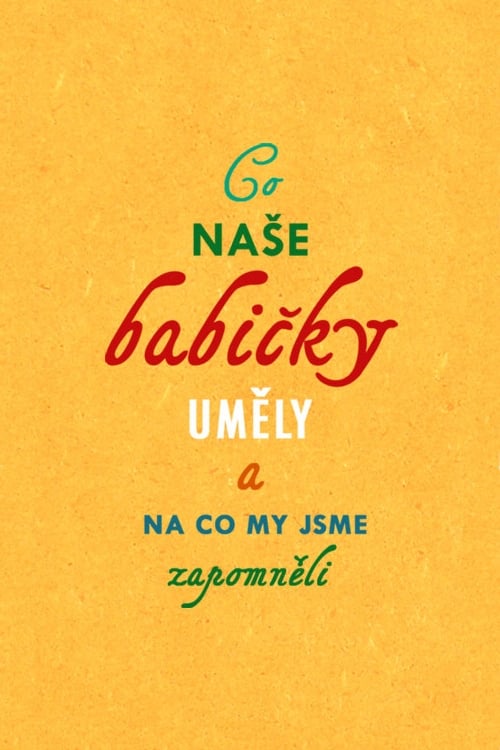 Co naše babičky uměly a na co my jsme zapomněli (2018)N/A
Co naše babičky uměly a na co my jsme zapomněli (2018)N/A